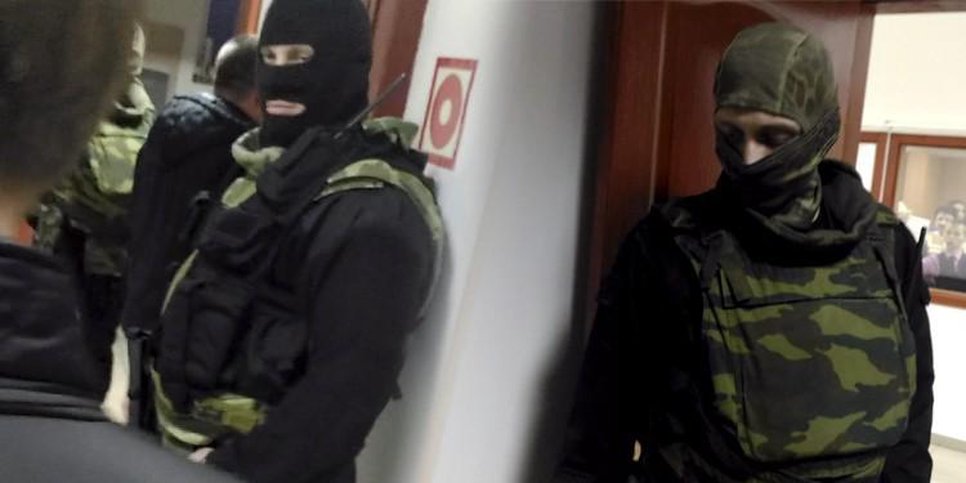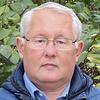Mass Searches in Crimea. Several More Jehovah's Witnesses Suspected of "Extremism"
CrimeaIn early December 2022, FSB officers in Crimea conducted mass searches in the homes of peaceful believers. In total, about 40 people were subjected to investigative actions. A criminal case was opened against two Jehovah's Witnesses; they were placed under house arrest and a recognisance agreement.
On December 6, at 9 a.m. in Feodosia, the law enforcement officers searched the house of a young man "in order to find extremist materials". As a result, Roman Lebedev, an officer of the FSB Border Control, seized a smartphone and three flash drives. The warrant for this was issued by Alla Khinevich, judge of the Supreme Court of the Republic of Crimea.
Two days later, on December 8, starting early in the morning, searches were carried out in the Simferopol District at no less then 16 addresses of believers. In one of the houses where investigative actions were carried out, the law enforcement officers "turned everything upside down", according to the residents. Finding nothing, they took away the couple's mobile phones. They took the woman for interrogation and released her soon after.
In another house, in the village of Novy Mir, a Bible in Ukrainian, a greeting card with a picture of a cake, three bank checks and personal notes were seized.
Searches in Simferopol and nearby villages took place as part of a criminal case filed by Investigator Novikov of the Investigative Committee against 53-year-old Dmitriy Nakhatskiy. According to preliminary information, he is suspected of violating Part 1 of Art. 282.2 of the Criminal Code of the Russian Federation (organizing the activity of an extremist organization) because of peaceful conversations about God. After the arrest, the court placed the believer under house arrest.
On the same day, Major of Justice Magomed Magomedov summoned another believer, 57-year-old Aleksandr Voronchikhin, to the Investigative Committee, where he was charged under the same article. After about 10 hours, the believer was released, having signed a recognisance agreement.
A week before these events, two Jehovah's Witnesses from Crimea were sentenced to 6 years in prison for practicing their faith.
In June 2022, the European Court of Human Rights issued a ruling that, in part, stated: “The overly broad definition of ‘extremism’… opens up the possibility of prosecuting individuals and organizations on charges of extremism for entirely peaceful forms of expressing opinion or religion.” (§ 158).






